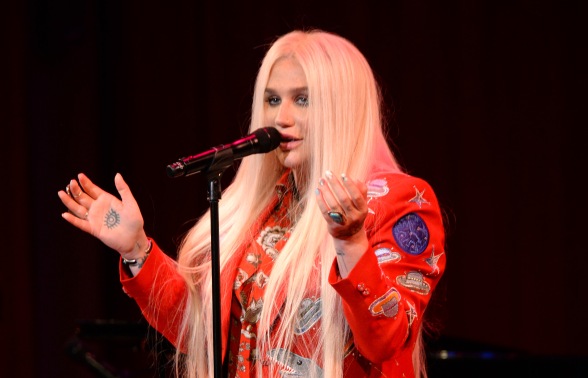The other day I heard a statistic that caused the people around me to gasp in horror: people now have attention spans shorter than a goldfish, only 6 seconds. Shock! Amazement! Terror! Technology will destroy us and we won’t be able to have meaningful lives or relationships anymore and we’ll never learn things or grow as people because we can’t focus for more than 6 seconds.
Fun fact, it took me more than 6 seconds to write that paragraph, uninterrupted. All I did was write that paragraph, for more than 6 seconds. I wonder if attention span science isn’t as great as it’s cracked up to be? Or perhaps our attention spans change based on context. Huh.
But if I’m honest, I actually don’t give a rat’s ass if our attention spans have grown shorter. We’ve been hearing this same kind of complaint about new technologies for literally thousands of years. Our dear pal Socrates was opposed to writing because “[Writing] will create forgetfulness in the learners’ souls, because they will not use their memories; they will trust to the external written characters and not remember of themselves. The specific which you have discovered is an aid not to memory, but to reminiscence, and you give your disciples not truth, but only the semblance of truth; they will be hearers of many things and will have learned nothing; they will appear to be omniscient and will generally know nothing; they will be tiresome company, having the show of wisdom without the reality.” (From the Phaedrus).
People have complained about technologies ranging from the printing press, to the telephone, to television and beyond, convinced that each of these technological improvements will make us less intelligent, or maybe just destroy society. Amazingly, here we all still are, capable of functioning, making new discoveries, improving technology even further, and maybe still remotely intelligent.
Because here’s the deal: our minds change in reaction to the world around us. We are adaptable and flexible beings. We change to fit the environment that we live in. Perhaps we do have worse memories than the ancient Greeks did. But you know what? I don’t care. There is nothing inherently better about being able to remember more things. The world that we have today is one in which we don’t need to remember things as much as we used to. It’s incredibly rare that we won’t be around a computer, phone, or other device that allows us to look things up. Being able to remember vast stores of information is no longer actually very helpful.
Instead, what is helpful is being able to sort through huge amounts of information, cope in a setting where there are many competing distractions, and suss out what is important or useful or true at any given point. No one seems to be asking whether the changes that are happening in human brains (if they are in fact happening) are USEFUL. Are we losing memory to make space for quick shifts in focus that allow us to notice the hundreds of distractions but still move back to what we were doing before? Are our brains beginning to pick up more of an ability to focus on multiple things at once? Why do we always assume change is bad?
Nowhere are we taking the time to ask what we get out of the change. Amazingly, things like this tend to happen for a reason other than “kids these days.”
I can’t help but feel as if all this worry about shorter attention spans and bad memories is just more angry old men yelling at clouds. I have yet to see any criticisms of these changes in the human brain that actually tell me WHY it’s bad for our brains to change in these ways. They all assume that we’re already on board, that we all want really long, focused attention spans or great memories. And it seems like the reason that they assume we’re already on board is because those are things we’ve prized in the past so they must be good now, even though the world is different now, our needs and abilities are different now, work is different now. Different is not less, even if we couch the difference in terms of deficits.
So no, I don’t care if our attention spans are shorter. I care if we are functional in the world we’ve got. And overall we seem to be doing pretty well.









